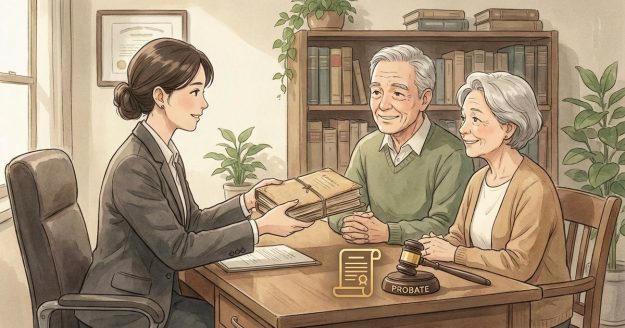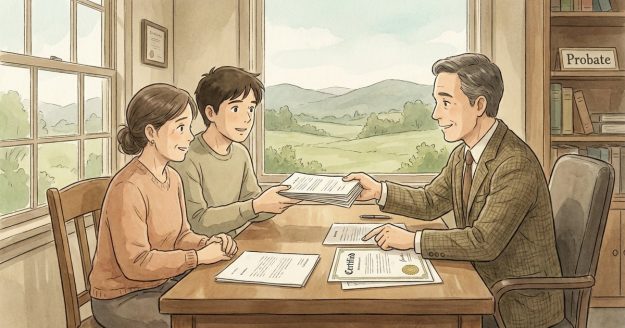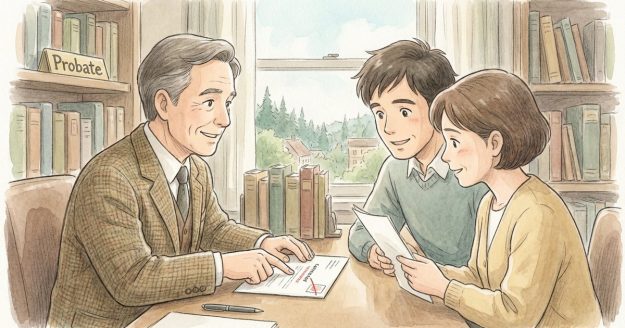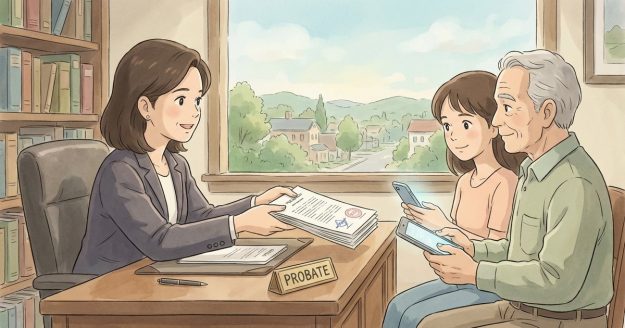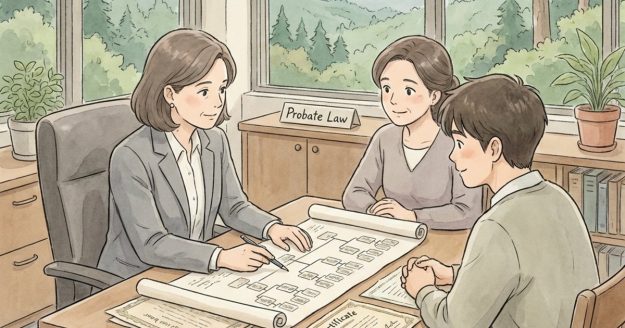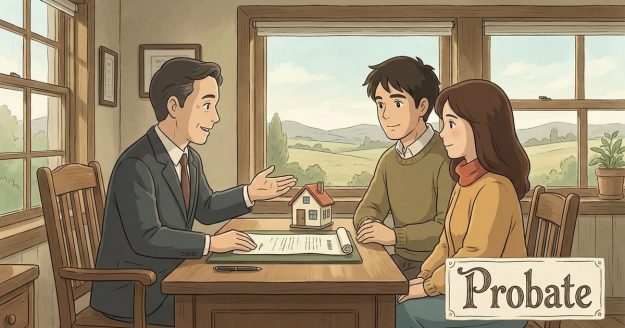Should I continue a guardianship case if my relative is in hospice and may pass away soon, and what happens to the estate matters afterward? NC
Should I continue a guardianship case if my relative is in hospice and may pass away soon, and what happens to the estate matters afterward? – North Carolina Short Answer In North Carolina, a guardianship ends when the ward dies, so it often does not make sense to push a full guardianship case forward if…


